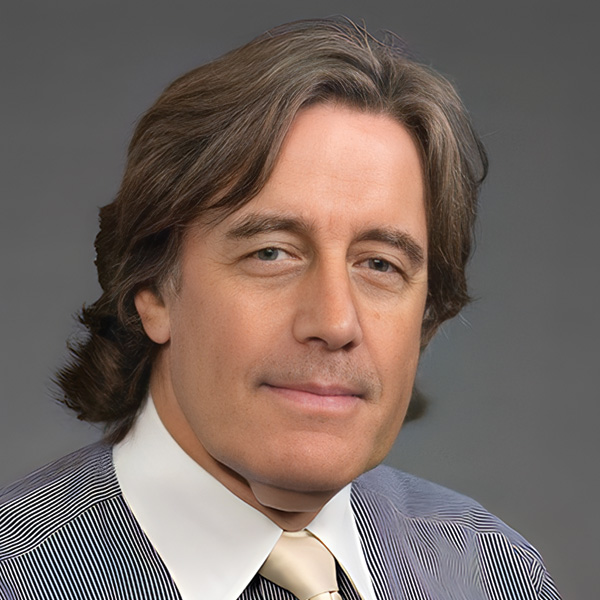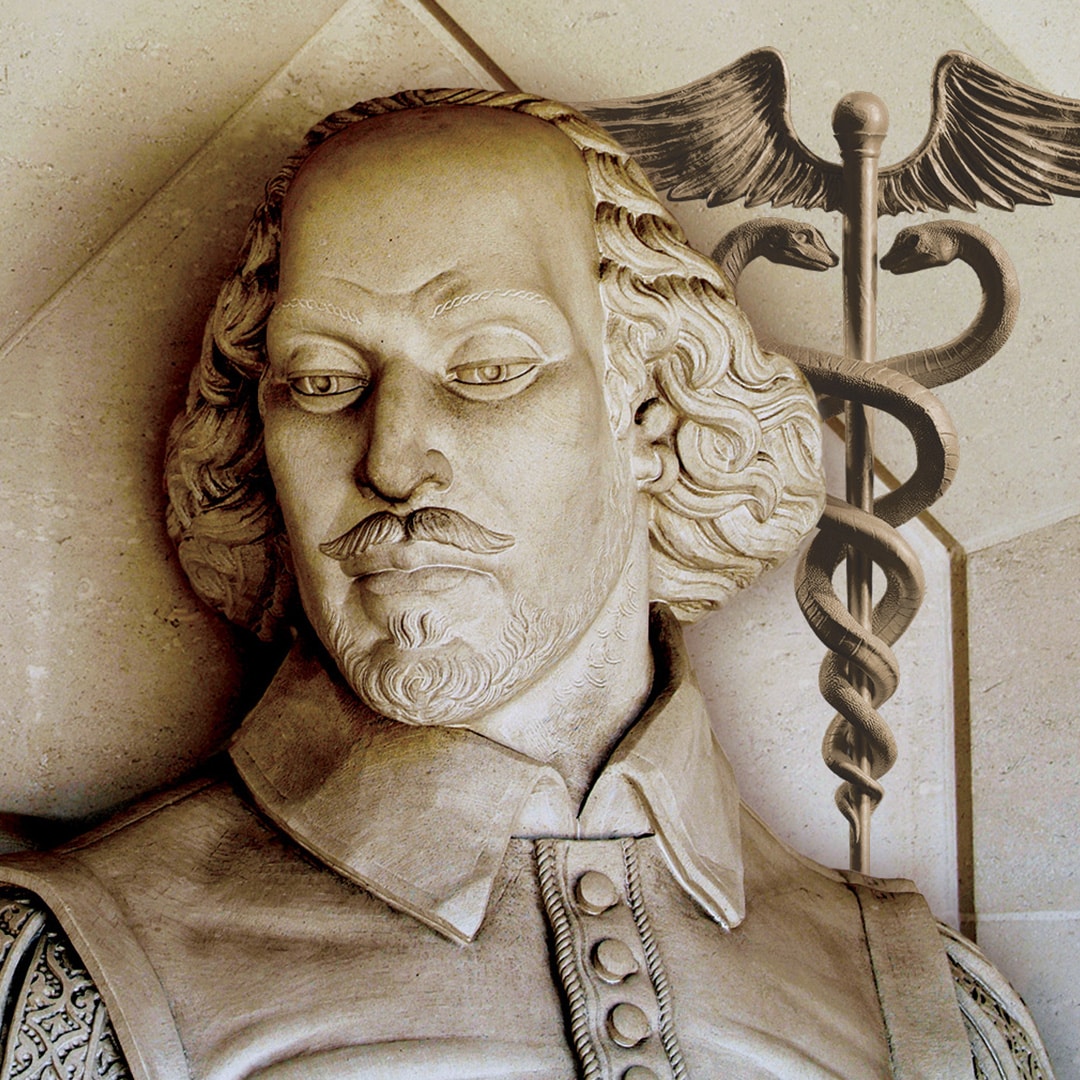Always there were those that thought and those that did
Galenic physicians loved their learned theories
Barber surgeons did the cutting and cupping amid
The poor, the soldiers with battlefield injuries
Ambroise Paré, at Parisian Hôtel Dieu
Transformed the standing of lowly surgeon
Forced to cut hair and pull teeth, sacre bleu,
Showed physicians noblesse the meaning of ‘soin’
His own descriptive vernacular French
Displaced the tedious Latin discourse
Tend to the patient not the frog on the bench
No Hippocratic muses, no pain, no force
The gentle, careful, art of a doctor
No lasers, nor robots, just compassion raw
Backstory
Nearly contemporaneous with Paracelsus was Ambroise Paré, a barber surgeon based in Paris, France. He gained much practical experience on the battlefields of the French army, especially in Italy, where he realized that the revered theories of Greek and Roman physicians, particularly Galen, were of little value when treating the injuries of soldiers, and he was able to revolutionize the practice of surgery through the use of empirical observation and the application of gentle care to major wounds and the treatment of pain. As a barber surgeon, he was of a much lower status than conventional, university-trained physicians, and he had to perform many mundane tasks including cutting hair. His first-hand knowledge of the needs of patients, and his development of techniques such as the use of ligatures during leg amputation and the cure of chronic skin ulcers.
He wrote and spoke in vernacular French instead of Latin, which endured him to the practicing surgeons of his hospital, the Hôtel Dieu in Paris and he was able to gain the ascendancy in French medicine. Many consider him to be the ‘Father of Modern Surgery’. He is quoted as believing that there are five duties of the surgeon; ‘to remove what is superfluous, to restore what has been dislocated, to separate what has grown together, to reunite what has been divided and to redress the defects of nature’.


